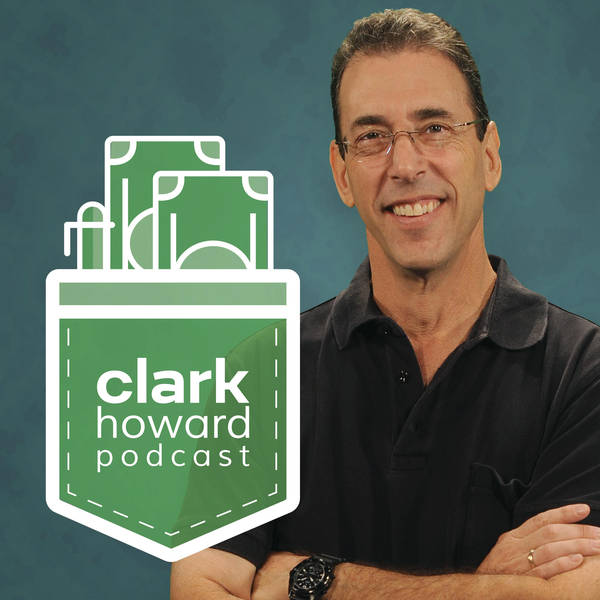
1.14.20 Is college worth it?; Honey browser extension rocks; Clark discusses P2P lending profits
In November Clark reported on the anti-college mindset and provided stats on how much more a person makes over time with any level of post-high school education and training. The numbers were starkly in favor of further education. A counterpoint has emerged from a study conducted by the Federal Reserve Bank of St. Louis. The study tracked net worth and found that college for better income wasn’t a given IF there was a large student loan burden. This further makes the case that having to borrow to go to a certain dream college is NOT worth it. Top tier college snobs snipe at others who go to ‘directional college’ (Ga Southern for example). What matters is your education and training without enormous debt upon graduation. The value of a college education remains unassailable. BUT follow Clark’s rule: Graduate with less debt than you’ll earn in your first year on the job. Make the first year’s income in your chosen field the ceiling on what you borrow.
Amazon has changed its business model. They’re more about convenience than price, and starting to get nervous about comparison shoppers realizing they’re not cheap anymore. Many use browser extension Honey to comparison shop, Clark recommended along with CamelCamelCamel. Amazon is so freaked out they’re telling people that Honey is not safe to use and should be uninstalled. That is just not true. Use Honey and CamelCamelCamel to know if a purchase really is a deal or not.
There’s been great interest in peer-to-peer lenders Prospers and Lending Club over the years. Borrowers can submit their loan request and members decide what % they want to finance. Clark wanted to check both out as an investor. 3 years ago Clark put $5K each in Prosper and Lending Club. Instead of picking the individual loans, he used their automated system based on risk level. With Both p2ps, 50% of Clark’s loans were going to very low-risk borrowers – those with great credit scores. The other half went to subprime borrowers presenting varying levels of risk. 3 years later, Clark’s annualized net return is 4.76 and 4.77% - a better return than with savings or CDs but with clear risks. People who don’t pay their notes have to be written off. Many use statistical analysis to invest in higher risk loans of their choice. Clark plays it bland. For borrowers, this is a potentially cheaper option than elsewhere because they cut out the banker in the middle.
Learn more about your ad choices. Visit megaphone.fm/adchoices
